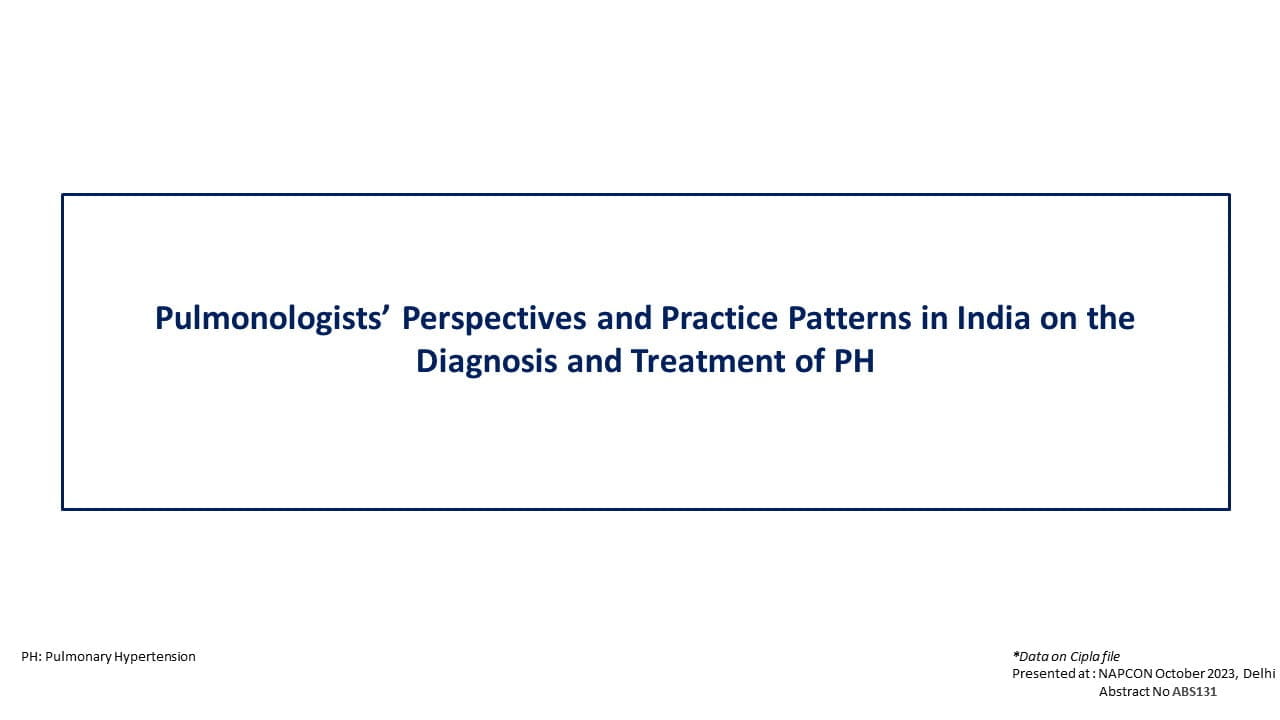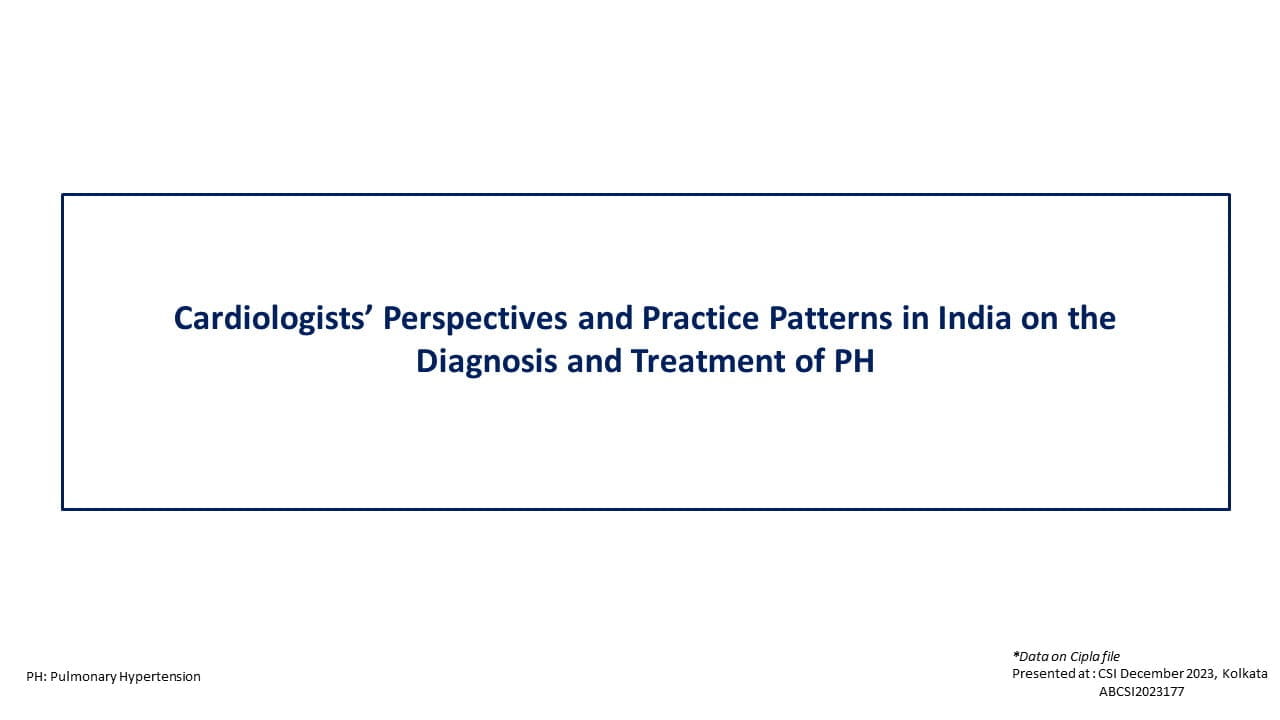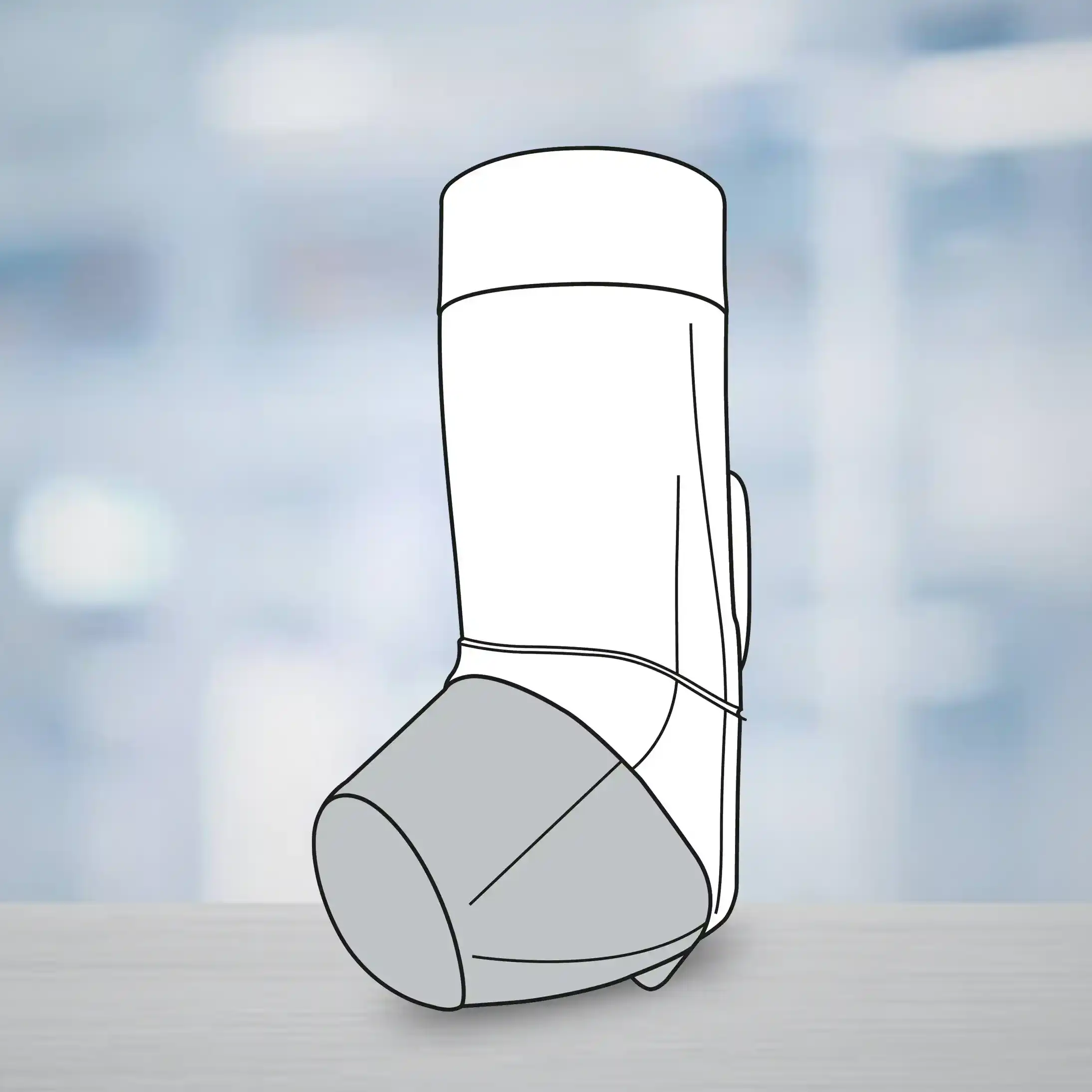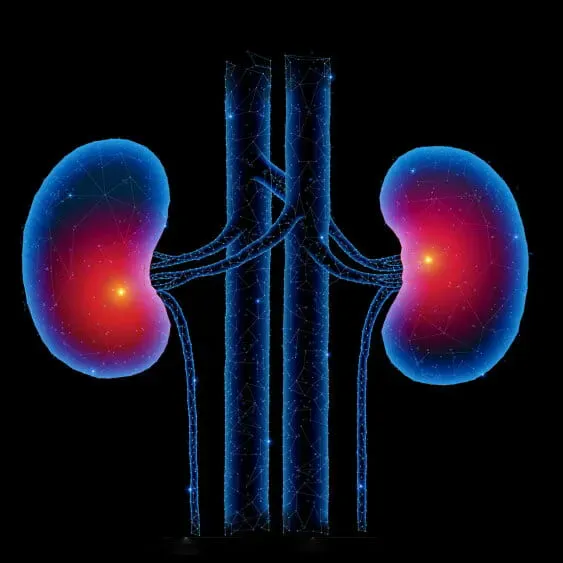Introduction
Metastatic pancreatic cancer is challenging to treat, with current first-line therapies offering a median progression-free survival of about six months and a low five-year survival rate. Approximately 4 to 7% of pancreatic cancer patients have germline BRCA mutations, which impair DNA repair and may make tumors more sensitive to PARP inhibitors like Olaparib.
Aim
To assess the effectiveness of Olaparib as a maintenance treatment for patients with metastatic pancreatic cancer and a germline BRCA1 or BRCA2 mutation whose disease had not progressed after first-line platinum-based chemotherapy.
Patient Profile
- ≥18 years of age and histologically/cytologically confirmed pancreatic adenocarcinoma and a documented deleterious or suspected deleterious germline mutation in BRCA1 or BRCA2
- Of 3315 patients screened; 247 (7.5%) had a germline BRCA mutation
- Eligible patients had normal organ and acceptable bone marrow function
First-line Therapy
- Patients had to undergo at least 16 weeks of continuous first-line platinum-based chemotherapy for metastatic pancreatic cancer (no limit on duration, until the investigator noted no disease progression at randomization).
- The platinum component could be stopped due to toxicity after 16 weeks, and any toxic effects from prior cancer treatment needed to be resolved to grade 1 before randomization, except for alopecia, grade 3 peripheral neuropathy, and grade 2 anemia
Methods
- Randomized, double-blind, placebo-controlled, phase 3 POLO trial (Jan 2015-2019)
- Conducted at 119 sites in 12 countries
Randomization
Fig 1: Randomization into Study Groups
Maintenance therapy
Maintenance intervention (as assigned) was initiated 4-8 weeks after last dose of first-line chemotherapy had been administered. It was continued until the occurrence of objective radiologic disease progression or unacceptable toxic effects
Study endpoints
Primary end point: Progression-free survival (assessed by blinded independent central review)
Secondary endpoints: Overall survival; Second progression-free survival; Objective response rate; Change in scores for global health-related quality of life
Results
Progression-free survival (PFS)
- Median PFS was significantly longer in olaparib group (7.4 months vs. 3.8 months; hazard ratio for disease progression/death, 0.53; 95% confidence interval [CI], 0.35 to 0.82; P = 0.004)
- From six months onward, percentage of patients alive and free from disease progression was over twice as high in the olaparib group compared to placebo group
Fig 2: Comparison of PFS amongst Study Groups
Subgroup analysis
Overall Survival
- An interim analysis of overall survival (at a data maturity of 46%) showed no difference between the Olaparib and placebo groups (median, 18.9 months vs. 18.1 months; HR for death,0.91; 95% CI, 0.56 to 1.46; P = 0.68)
Fig 3: Comparison of Overall Survival amongst Study Groups
Secondary PFS
- Median time from randomization to second disease progression or death was longer in the Olaparib group (13.2 months vs. 9.2 months, HR, 0.76; 95% CI, 0.46 to 1.23)
Response Rate and Time
- Among patients with measurable disease at baseline, response rate was higher in the Olaparib group (23% vs.12%; odds ratio, 2.30; 95% CI, 0.89 to 6.76)
- Median duration of response was longer in Olaparib group (24.9 vs. 3.7 months)
- Median time to response was longer in Olaparib group (5.4 months vs. 3.6 months)
Quality of Life
- There was no significant between-group difference in health-related quality of life (between-group difference, −2.47 points; 95% CI, −7.27 to 2.33)
Safety
- Incidence of grade 3 or higher adverse events was higher in the Olaparib group (40% vs. 23%; between-group difference, 16 percentage points; 95% CI, −0.02 to 31)
- Adverse events led to discontinuation of the trial agent in 5% of patients who received olaparib and in 2% in those who received placebo.
- No differences in benefits of Olaparib were found in pre-specified subgroups, including between patients who had responded to prior platinum-based chemotherapy and those with stable disease
- Treatment effect was not affected by imbalances in baseline factors between the trial groups
Conclusion
POLO trial showed that maintenance Olaparib provided a significant PFS benefit to patients with a germline BRCA mutation and metastatic pancreatic cancer that had not progressed during platinum-based chemotherapy.
Reference
N Engl J Med 2019;381:317-27










